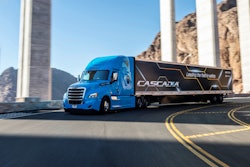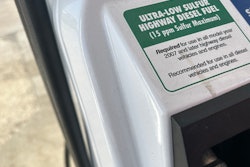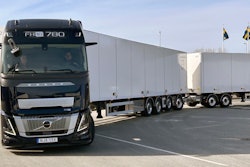Once technological progress picks up speed in a given lane, it can seem like its route to the future is inevitable and the endless adjustments needed to get there— and the dead ends backed out of – fade into a gentle blur.
To some degree, when it comes to the greening of heavy-duty diesel engines it already seems that way. The first emission standards for these engines became effective in California 1973 and across the nation a year later.
Over the past 50 years, those standards have been tightened again and again, forcing engine makers to advance technology rapidly and fleets to adapt to pluses and minuses of running the latest emissions-compliant engines.
As California keeps leading the way in shrinking greenhouse gas emission levels via rulemaking by the California Air Resources Board (CARB), motor carriers and other truck operators will see changes year by year in which engine models they can buy to operate in the Golden State and the other states that opt to mirror CARB rules.
Next year will be a bellwether in this regard. That’s because 2024 marks a sharp dividing line. While California and federal emission standards are usually more or less aligned, the latest CARB low NOx emission standards — effective in California starting in 2024 — are more stringent than U.S. Environmental Protection Agency (EPA) rules. (N.B. Per CARB, truck regulations are based on the model year of the engine. Generally, the model year of an engine is one year older than the vehicle model year. So, a 2023 truck is likely to have a 2022 engine model year.)
Specifically, CARB will be stricter on NOx next year as its rule matches up with EPA’s upcoming 2027 regulations for nitrogen oxide emissions. In addition, the agency will modify elements of its 2024 ultra-low NOx emission regulations for which manufacturers will provide offsets as necessary to maintain California’s emission targets.
A Daimler Trucks North America (DTNA) executive shed some light on how the CARB changes for 2024 will impact fleet purchasing decisions. During a panel discussion at the recent American Trucking Associations Management Conference and Exhibition in Austin, Texas, DTNA Vice President of Product Compliance & Regulatory Affairs Sean Waters said that tighter emission rules are impacting both the development cycle for OEMs and the decision-making of fleets.










